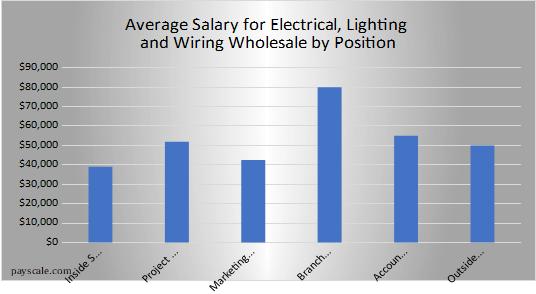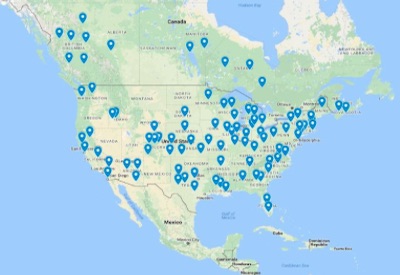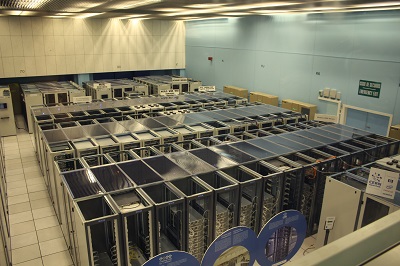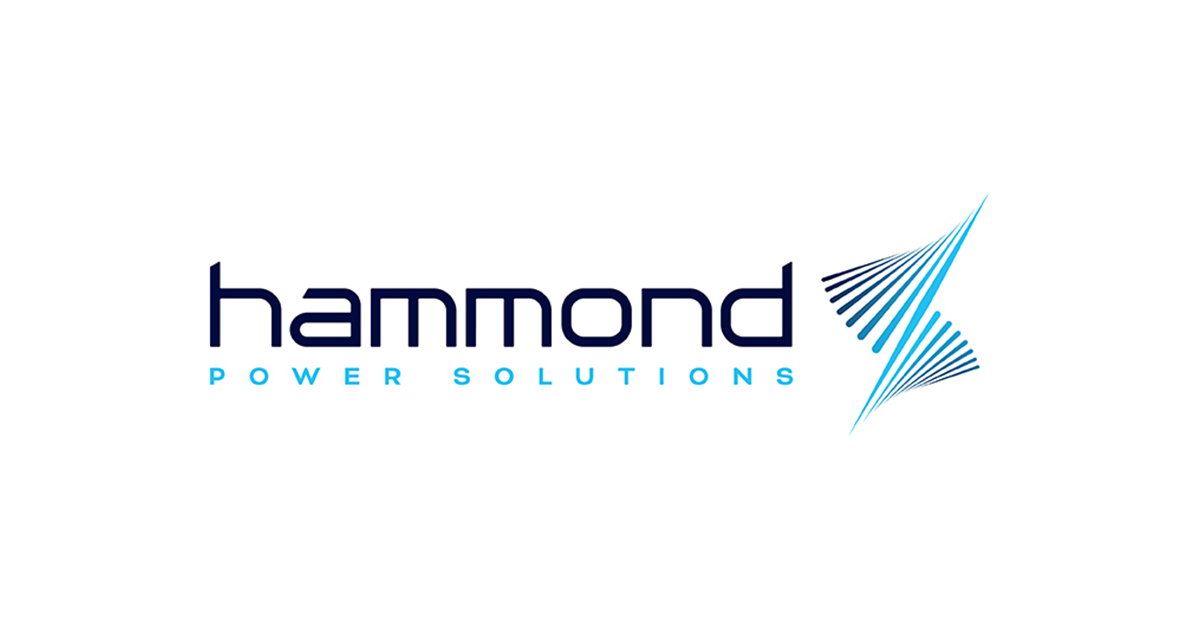Electric Vehicle Manufacturing Value Chain Program (EVMP)
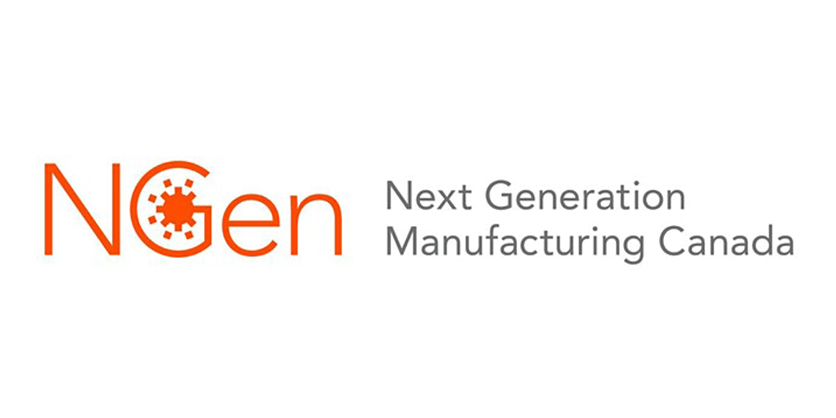
May 26, 2023
The next few years will be critical for Canada to meaningfully participate in the North American and global electric vehicle (EV) market. Canada, like many other global jurisdictions, have announced EV mandates, which includes a ban on the sale of internal combustion engine (ICE) vehicles by 2035. The EV market share is projected to increase from 3% in 2020 to 20% in 2030.
In light of recent anchor investments being made in Canada, many domestic EV parts suppliers and innovators continue to face challenges in navigating the new supply chain opportunities. For Canada to meet the growing demand and to benefit from the growing market share of EVs, the Canadian automotive supply chain must make significant changes to their product lines and shift production capabilities to EV and EV parts.
Canada has many of the key ingredients in place and potential to create a vertically integrated EV value chain. Canada is home to an innovation ecosystem that uniquely converges with a vibrant manufacturing footprint, equipped with top talent, knowledge and capabilities, and critical mineral resources. There is a critical and time-sensitive opportunity to scale-up and commercialize high-potential Canadian innovation and manufacturing capabilities – along the entire EV value chain, from the processing of minerals to the assembly of battery packs and vehicles – so that they are market ready for integration into the growing EV market.
In 2021, NGen launched a first round of EV manufacturing value chain funding and invested over $76 million in business-led collaborative projects. To build on that momentum, NGen has launched the EV Manufacturing Value Chain Program (EVMP) to ensure that the Canadian automotive manufacturing sector continues to be strengthened.
EV Manufacturing Value Chain Program
NGen is looking to invest up to $35 million in innovative, business-led, collaborative projects that strengthen Canadian capability and content, for integration into Canada’s supply chain for ZEVs.
The program will target the manufacturing scale-up of innovation along the ZEV value-chain, specifically those of road-based Battery Electric Vehicles (BEV), fuel Cell Electric vehicles (FCEV) and their respective systems and components.
The goals of this Challenge are to:
- Create Jobs.
- Create value for the Canadian economy.
- Develop new processes from crushing ore, mineral refinement, materials development, manufacturing scale-up of components, systems and final assembly and recycling.
- Increase the value and integration of made-in-Canada parts and technology into EV value chains and to scale manufacturing.
- Reduce the overall cost of manufacturing ZEV products in Canada.
- Increase the quality of the products being manufactured.
- Reduce overall operational emissions.
- Build flexibility into the production process.
Project Requirements
Projects must focus on the development of an advanced manufacturing technology or process to improve and scale-up production capabilities. A limited percentage of product research and development will be permitted.
Project teams can submit a proposal for the following project types:
- Advanced manufacturing technologies
- Novel manufacturing and production processes
- Closed loop / generative design for manufacturing
- Circular economy processes and capabilities
Project proposals can be directed at supporting the development of the following areas along the ZEV value-chain:
- Processing, refinement, and production of critical minerals and materials for EVs and EV systems and components
- Traction battery including associated components and systems
- Significant vehicle lightweighting
- Power electronics and associated components and systems
- Electric machines and associated components and systems
- Fuel cell (full system)
Eligible projects must meet NGen’s four core strategic criteria:
- Transformative: must confer significant competitive advantage to Canadian industry
- Collaborative: project must demonstrate meaningful collaboration with a minimum of two Canadian industry partners
- Applied: project must have a short to medium path to commercialization, and generate significant commercial and economic benefits
- Enduring: project must provide broader benefits to Canada’s advanced manufacturing ecosystem



